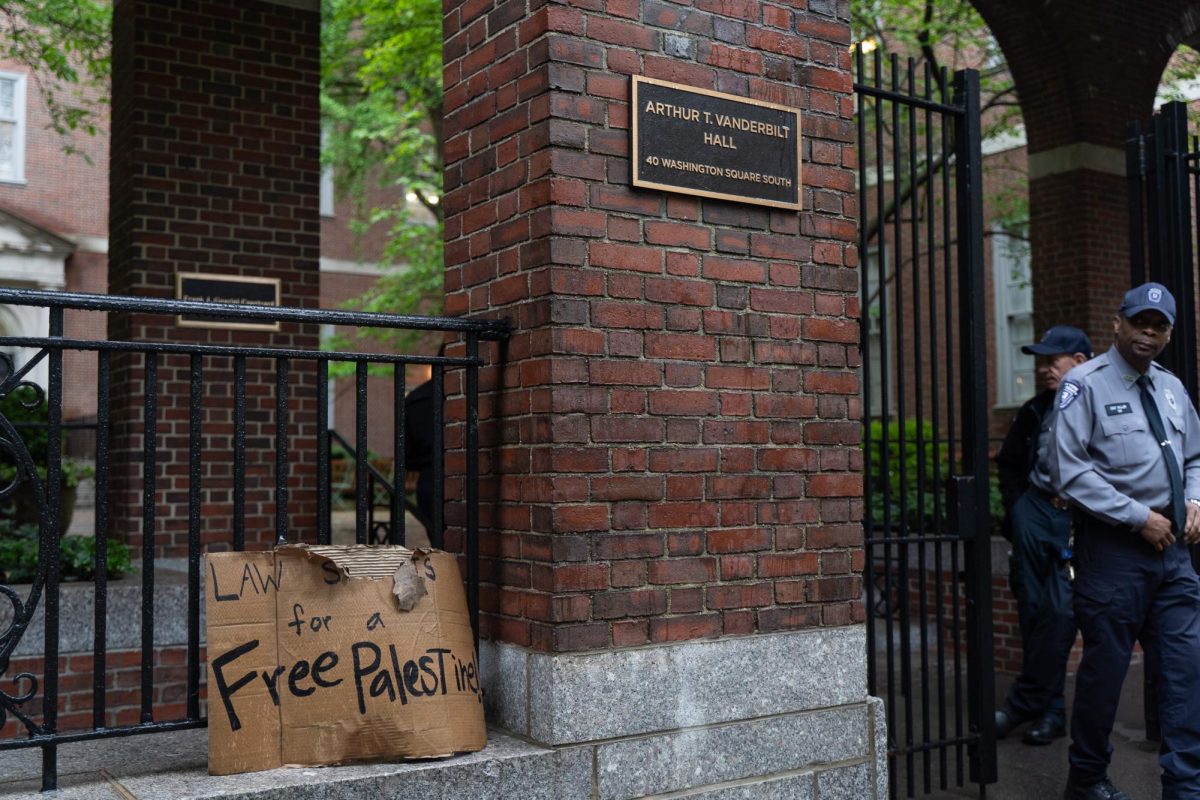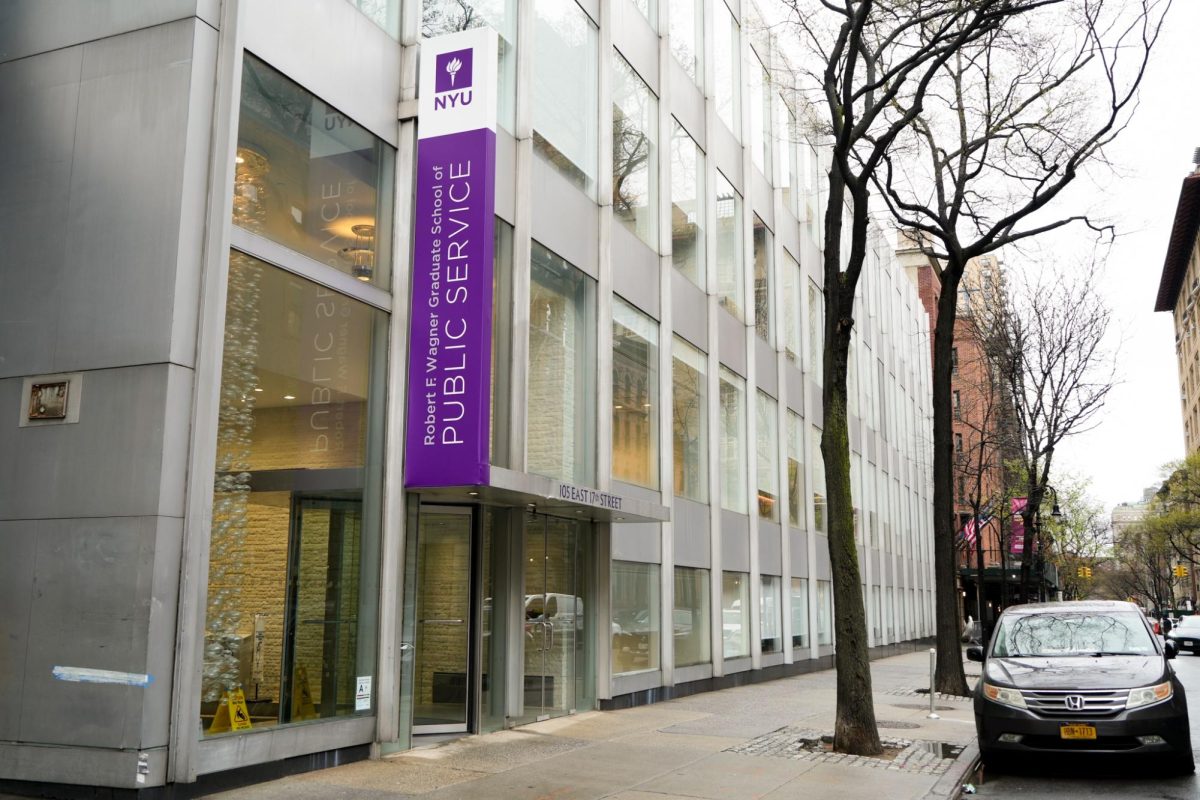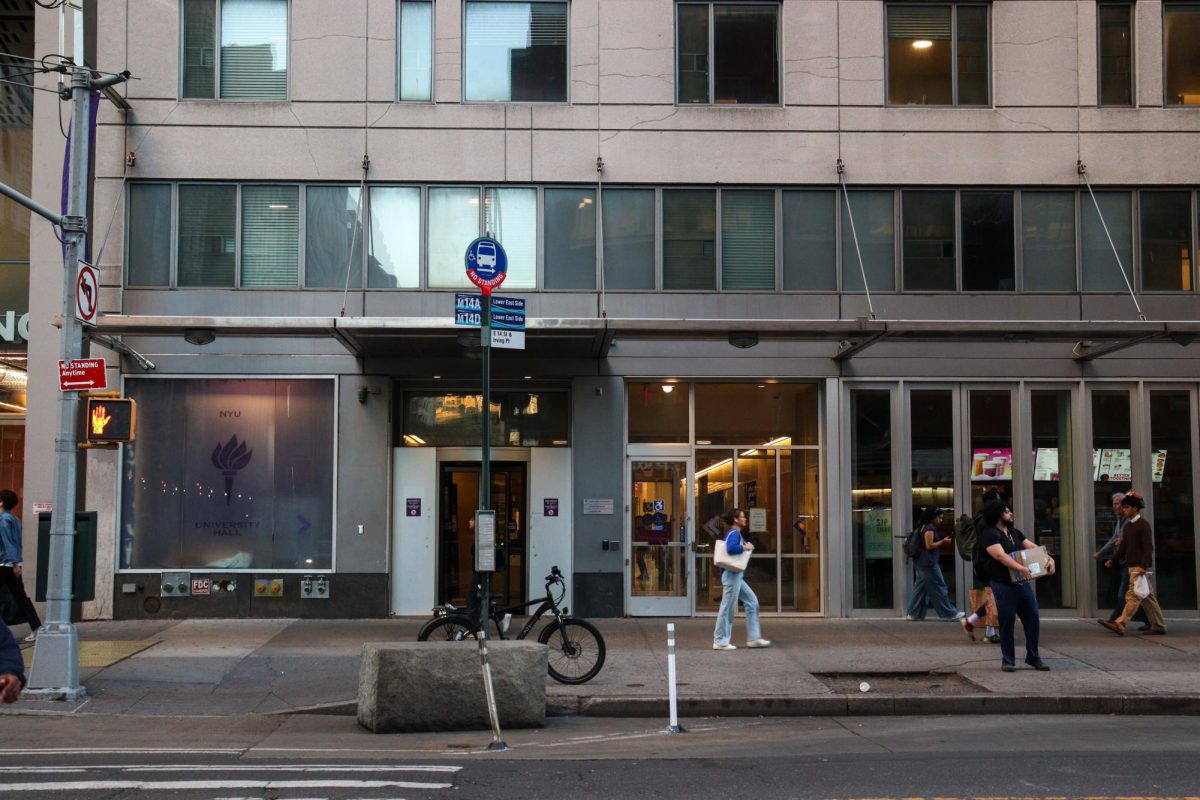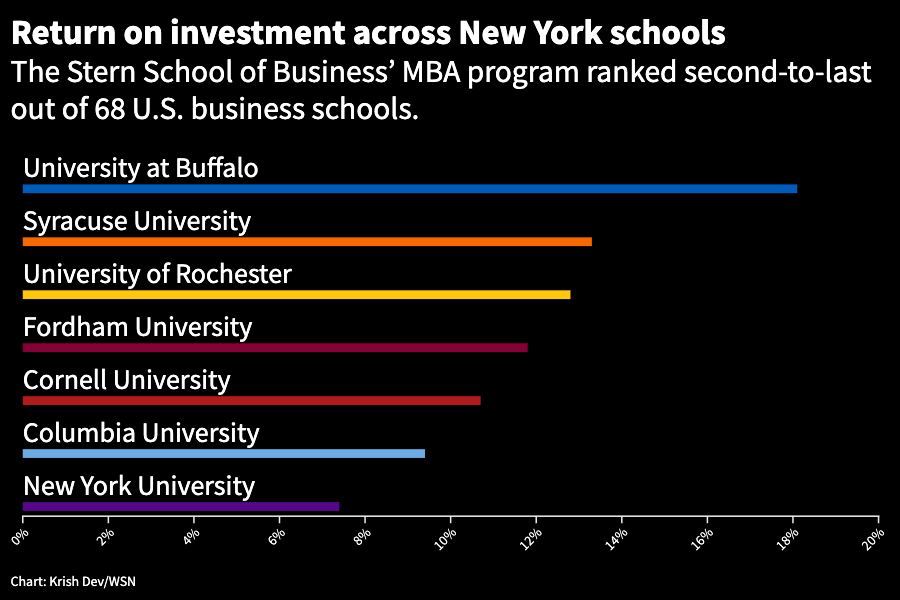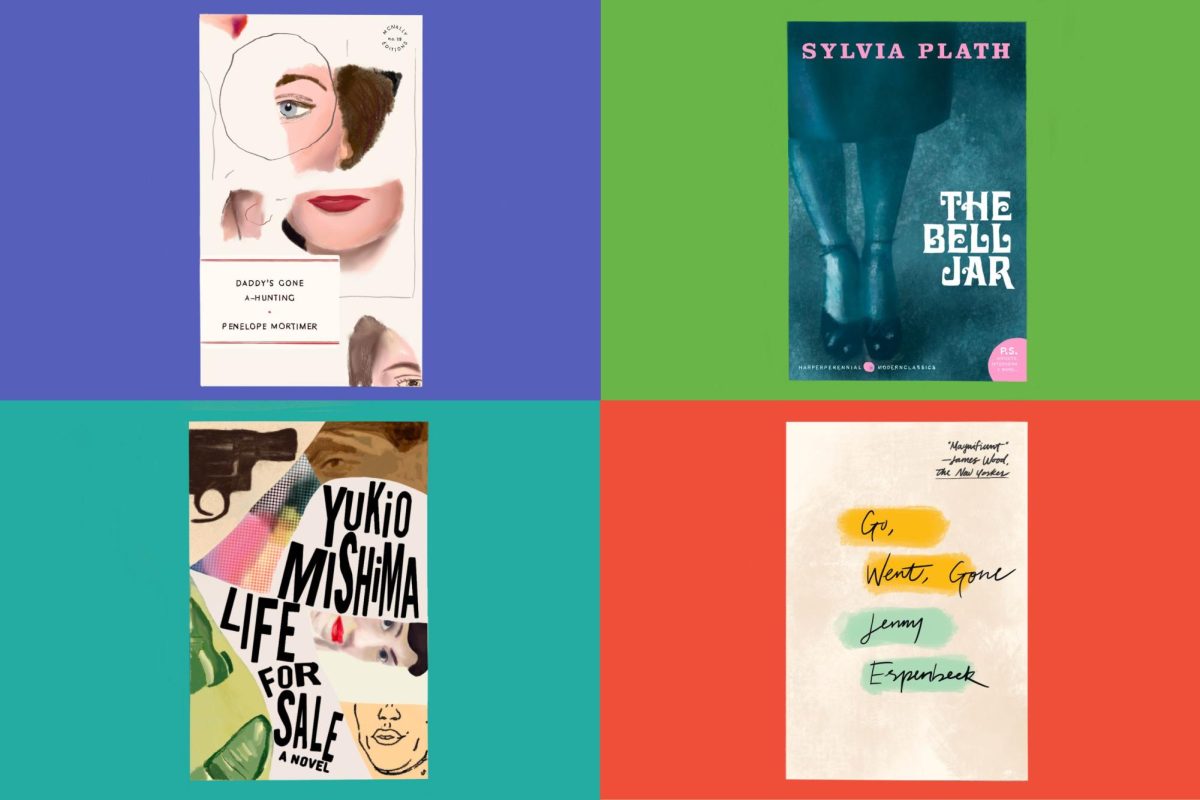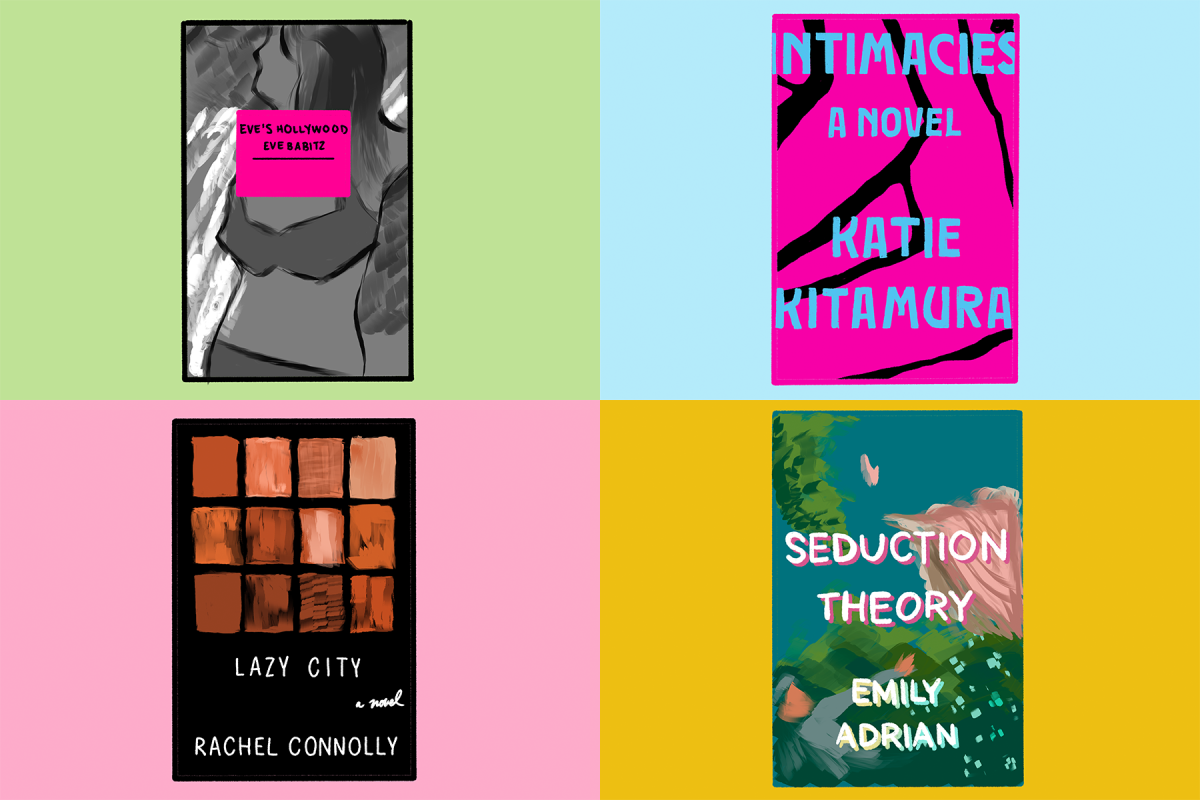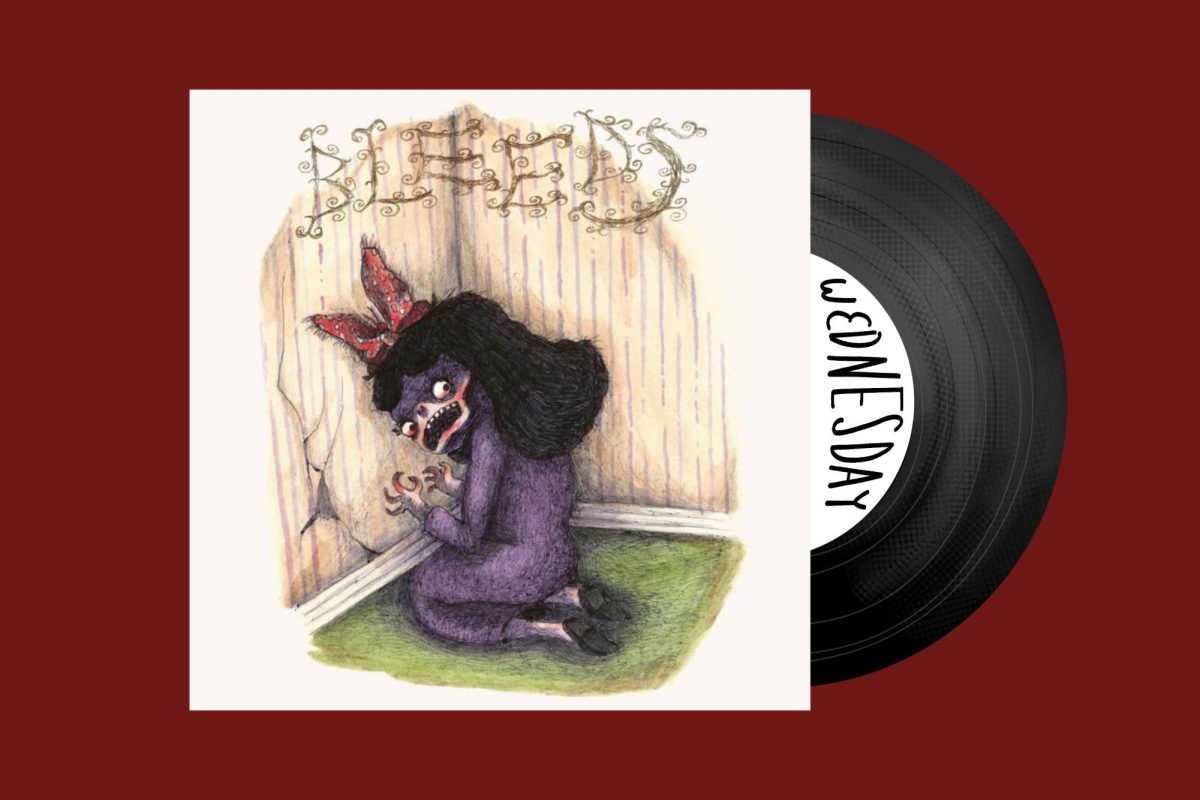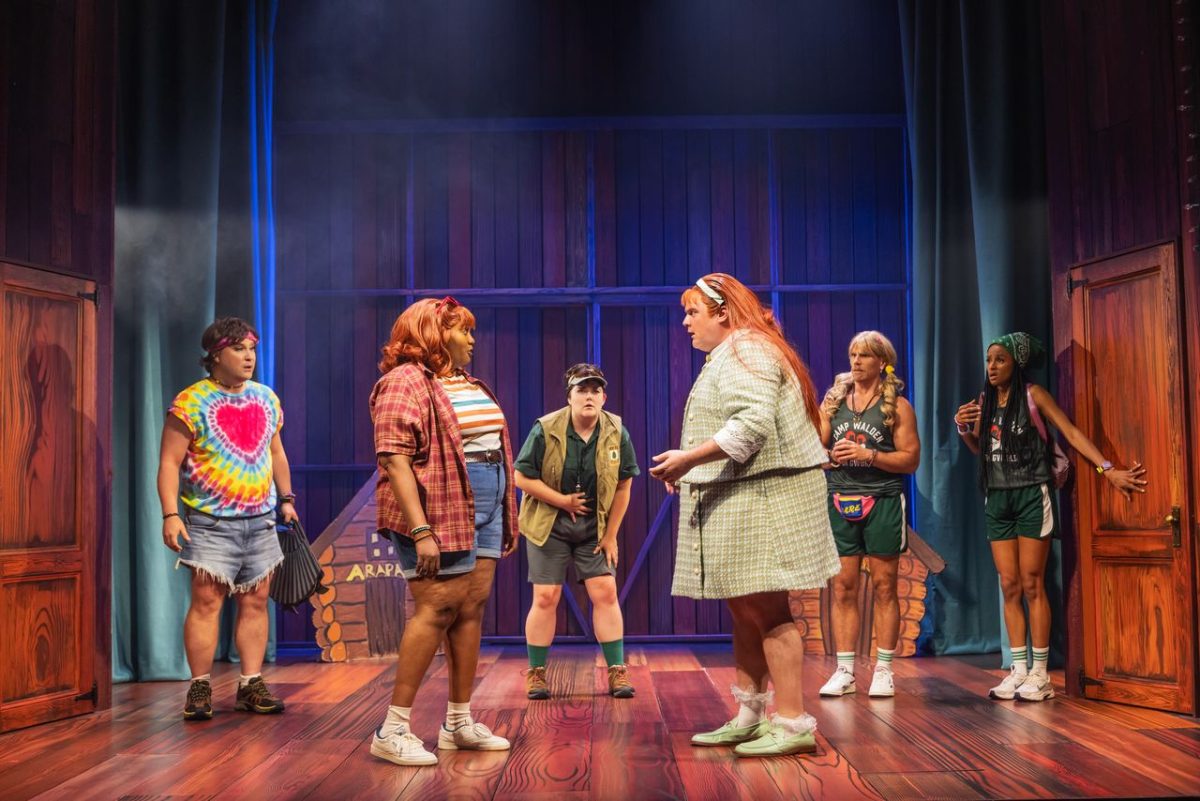When I walked into film school, I was possessed by two exhilarating thoughts of academic abandonment: First, I would never have to take another math or lab science class again, and second, my education from this point forward would be entirely dedicated to the only course of study I, at the age of 17, found relevant to my life: film.
But just months after I began living the thrilling New York City film school dream, it hit me that choosing a conservatory type of arts education, even one that exists within a broader university, was an inhibiting decision. The quality of my film coursework was considered top-notch. And yet, its almost exclusive arts lens, or at least the only one I thought existed, failed to embody the very purpose of an undergraduate education: to mold thinkers capable of dealing with the world as a whole.
The push for a more substantial liberal arts core in arts schools is an absolute necessity. Artists simply cannot confine themselves to their medium alone. They have to study the world in order to translate that greater wisdom and awareness into their work. Maybe the lack of academic emphasis explains the dearth of artistic innovation in contemporary culture, and a reintroduction of foundational education values could help better an age of autotune and robots at the box office.
The academic opportunities are bountiful outside the arts curriculum if students choose to seize them. But for many, unless they are forced to take classes unrelated to their field of interest, they won’t. The intensity of most serious arts programs may render double majoring or hefty exterior exploration difficult, but there is always room to enforce a more multidisciplinary approach to even the most stringently tai- lored major, like more cross-curriculum efforts or raised general education requirements.
Many students know exactly what they want to do when walking into their first college class, and after four years, are still sure of those convictions. Others, like myself, ride on still maturing dreams and realize those goals entail more than their chosen path. It wasn’t until I got to college that I discovered film-making is only a microcosm of what I want to do with my life. The revelation of wanting to learn and pursue more than what my 16-year-old self was convinced she wanted from the arts emerged from spontaneous flirtation with the broader world of academia.
Undergraduate aspiring artists, regardless of whether or not they choose to pursue a specific professional craft post-graduation, should leave college analytical, skeptical and aware. A thrust towards linking academia with the arts is not only an enabler of intellectual enlightenment, but a shining beacon for what has become a vital need for cultural revival.

